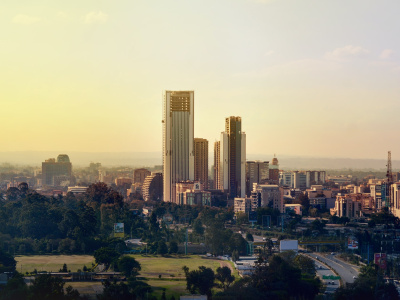
The dawn of the post-MDG era? Challenges for Africa-EU relations in 2015
The year 2015 will bring global development cooperation to a threshold, with both Europe and Africa playing a pivotal role. Long-running global policy processes will culminate in four decisive meetings during the year.
- United Nations (UN) Third International Conference on Financing for Development.
- 70th session of the UN General Assembly, global leaders are expected to endorse new Sustainable Development Goals (SDGs)
- Paris 21st Conference of the Parties (COP 21) under the UN Framework for Combating Climate Change (UNFCCC)
- The World Trade Organization’s (WTO) 10th Ministerial Conference
2015 is a pivotal moment for the EU to prove that it is still a global player. The African Union will need to work with its international partners, in particular the EU, to make the SDGs a useful stepping-stone for its own ambitious Agenda 2063.Recognising the importance of these meeting, the European Commission has declared 2015 the ‘European Year for Development’.
- We argue the time is ripe for a new or revised European Security Strategy that recognises the fundamental interdependency of the security-development nexus, and what it means for Europe’s own security. More than ever, Europe’s problems need global solutions and global problems need European action.
- With crises in the Ukraine, Iraq, Syria, the Sahel, Libya and the South China Sea the biggest challenge for the international community will be to work together effectively on these and many other challenges. The strong-armed approaches that result from these conflicts may mean that the individual concerns and allegiances of powerful states will dominate the agenda of the UN, drawing political energy away from global development and towards crisis management. Crises tend to push countries apart, making agreements in global policy processes more difficult to reach.
- At the global level a more profound question that needs to be answered – are leaders ready for the Post-2015 world? Can the African Union speak with one voice and ensure the SDGs are a stepping-stone for its ambitious Agenda 2063? Are development partners ready for cooperation that leaves no one behind? Are both developed and developing countries ready to take action that ensures necessary and equitable growth without irreversible damage to our climate for future generations?

